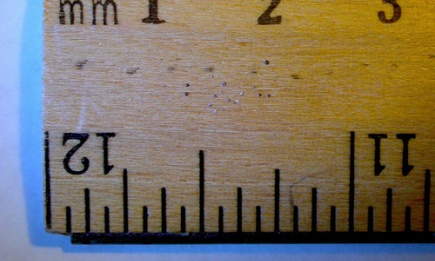PhDs cannot escape quality control

The importance of training researchers has been recognised as crucial to the future of the European knowledge society. The new report on quality assurance underlines that doctoral education is being managed more professionally, in particular with the establishment of doctoral schools, and that institutions are giving more attention to accountability and quality enhancement.
The report highlights that for example universities have set up, or are setting up, internal quality processes at doctoral level including mechanisms for monitoring time-to-degree and completion rates, guidelines for admission, supervision and the thesis.
A contract with your supervisor
These processes also focus on the quality of the research environment and seek to engage different stakeholders. A survey highlighted for example, that almost 90% of respondents had written procedures/regulations for admission of candidates and 91% systematically monitored progress of candidates.
In the key area of doctoral supervision, there is a notable trend towards establishing rules or guidelines as well as using individual contract-type agreements between supervisor and supervisee.
Different from bachelor and master
While accountability and quality enhancement are purposes for all three cycles of higher education (bachelor, master and doctorate), the report points out that doctoral education is qualitatively different from the other two cycles. Therefore, QA processes for doctoral education must take as a point of departure the specific needs of this cycle.
The report, based on quantitative information gathered from a survey of over 100 universities across Europe and qualitative information collected during a series of focus groups and a workshop, is the outcome of a two-year EC-supported project led by EUA.
Meest Gelezen
Vrouwen houden universiteit draaiende, maar krijgen daarvoor geen waardering
Wederom intimidatie van journalisten door universiteit, nu in Delft
‘Burgerschapsonderwijs moet ook verplicht worden in hbo en wo’
Raad van State: laat taaltoets nog niet gelden voor hbo-opleidingen
Hbo-docent wil wel rolmodel zijn, maar niet eigen moreel kompas opdringen

